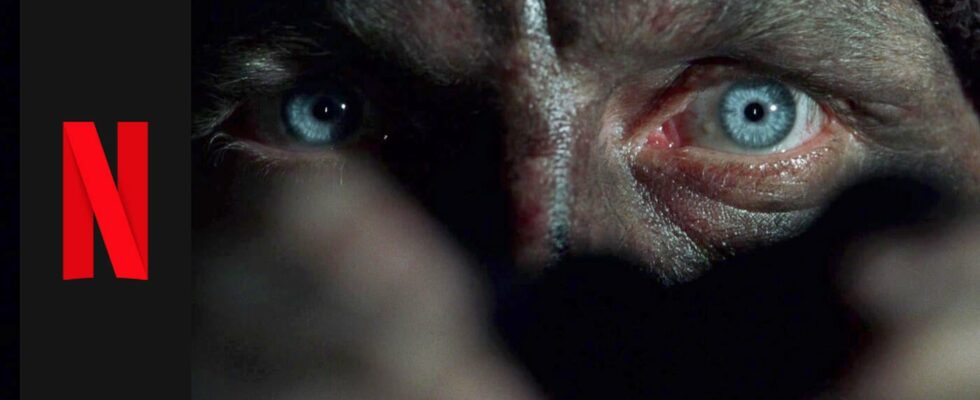In 2005, Steven Spielberg brought two films to the cinema: on the one hand, the elaborate science fiction blockbuster War of the Worlds, real star cinema with Tom Cruise and astonishingly disturbing images of an alien invasion. The second film was smaller and the actors were less well known (at the time). Munich sometimes gets lost in the shadow of the big Spielberg blockbusters, even though it is full of virtuously staged thriller moments that fray your nerves. Anyone who has a Netflix subscription should catch up on the film before it disappears from the catalog in a few days.
On Netflix: In Munich, Eric Bana and Daniel Craig embark on a campaign of revenge
During the hostage-taking during the 1972 Summer Olympics in Munich, the Palestinian terrorist group Black September killed eleven Israeli athletes. This event causes consternation around the world, while a plan for retaliation is being developed in Israel.
Based on George Jonas’ non-fiction book Vengeance, Munich tells the story of the young Mossad agent Avner (Eric Bana). He is chosen to eliminate the suspected masterminds of the attack. At his side is a team of specialists: getaway driver Steve (Daniel Craig), bomb expert Robert (Mathieu Kassovitz), forger Hans (Hanns Zischler) and “cleaner” Carl (Ciarán Hinds). Together they have to learn professionally organized killing.
But false information, doubts and growing paranoia are their companions. As they travel from one metropolis to the next, eliminating one target after another, the team finds itself in the crosshairs of retaliatory strikes.
More about the director:
Munich is a multi-layered masterpiece of suspense
Over the course of 163 minutes, the script by Tony Kushner and Eric Roth stitches together the individual assassination episodes into a spiral of violence. The story jumps through countries and years, while Eric Bana’s increasingly hollowed-out Avner serves as a constant.
The chemistry of the cast around Bana and the later James Bond actor Daniel Craig provides one or two sighs of relief, but In Munich, a feeling of hopelessness dominates over long stretches. Spielberg and his authors not only aim to deal with the Middle East conflict, but also trace the retaliatory attacks within the film into the front yard of their American audience: an audience whose government at the time of the film’s release was the result of the September 11th attacks Was involved in two wars in 2001. It’s not subtle, but given the overwhelming sadness that drives the film, restraint would be out of place anyway.
All of this is told in the guise of a thriller in which the tension is tightened to an unbearable level thanks to the technical finesse of Spielberg, cameraman Janusz Kaminski and their team.
According to Netflix, Munich is still there Available on the streaming service until January 7th (and should not be confused with the Robert Harris adaptation Munich – In the Face of War).
